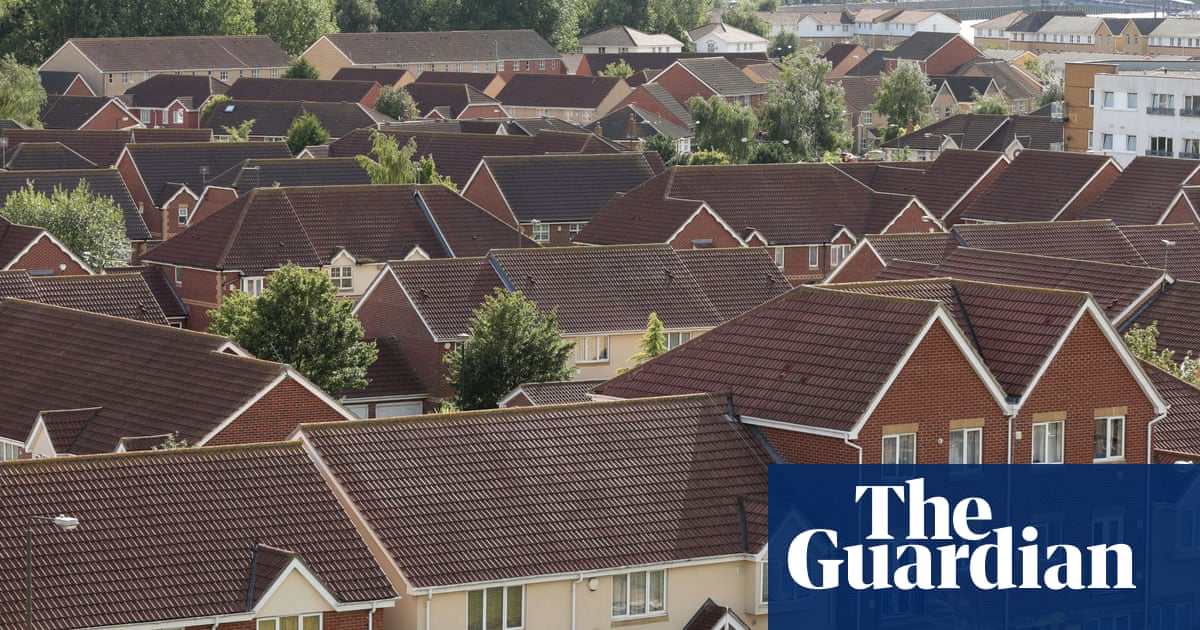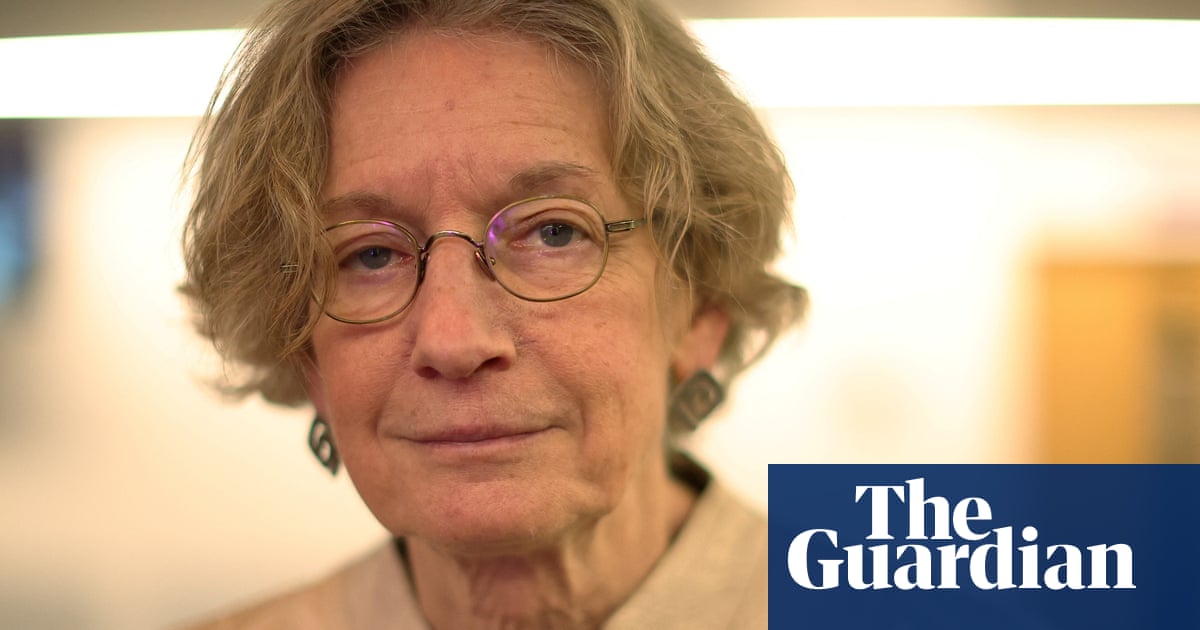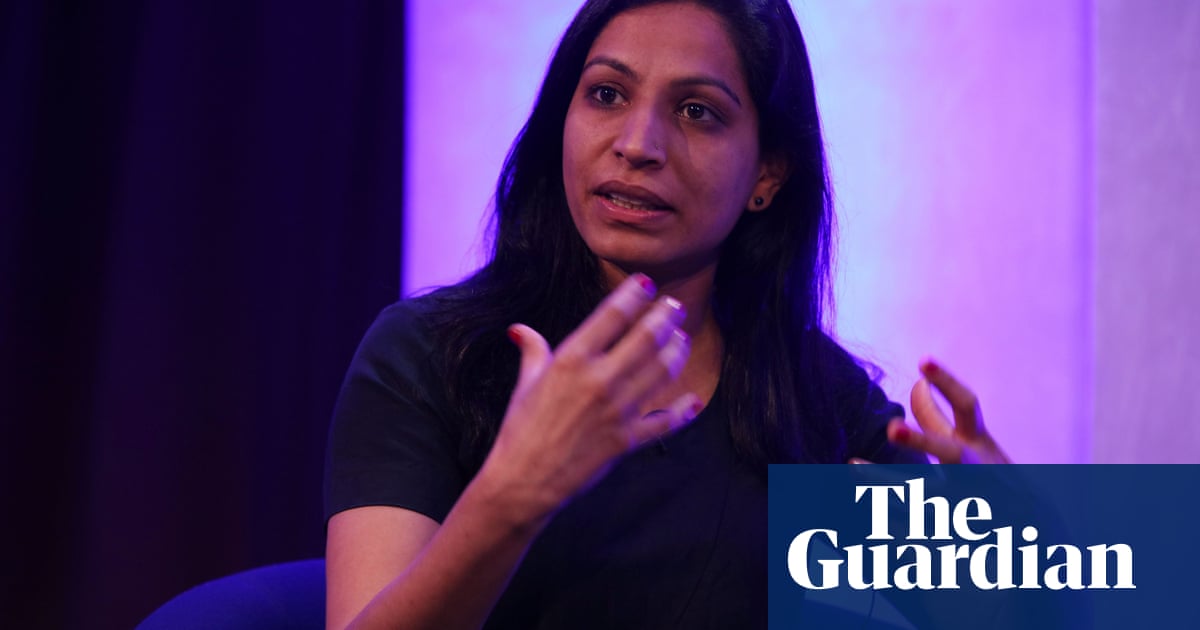
The Bank of England could be forced into action to raise interest rates next year if inflation remains persistently higher than expected, one of Threadneedle Street’s policymakers has said.
Michael Saunders, one of nine members of the Bank’s monetary policy committee, said a rise in borrowing costs could be warranted before the end of 2022 if the UK’s economic recovery from lockdown is maintained and the rate of inflation sticks at elevated levels.
“If the economy continues to recover, and inflation shows signs of being more persistent, then it might be right to think of interest rates going up in the next year or so. But that is not a promise and depends on economic conditions,” he told an online event hosted by accountancy software company Intuit.
Signalling concern over a burst of inflationary pressure rippling through the British economy, he said the time was moving closer to withdraw high levels of emergency economic stimulus. However, any rate increase would be “relatively limited”.
He added that a rise in borrowing costs next year was “not a promise”, as it would need to depend on economic conditions.
Saunders, who voted last month to cut short the Bank’s £895bn quantitative easing bond-buying programme, said he was worried that continuing with asset purchases could stoke expectations among households and businesses for inflation to drift higher.
“Such an outcome could well require a more substantial tightening of monetary policy later, and might limit the committee’s scope to respond promptly the next time the economy needs more stimulus,” he said.
His comments come after Catherine Mann, the newest external rate-setter at the central bank, said inflation would prove less sticky than in the 1970s. Speaking earlier this week, Mann said firms could be more reluctant than in the past to hit households with higher prices for goods and services, and that a historic link between inflation and wages had diminished in recent times.
Financial market expectations were already for a rate rise in 2022 before Saunders’s comments, with most City economists anticipating the central bank will move to tame inflationary pressures next year.
Threadneedle Street forecasts inflation could rise close to 4% this year, the highest rate for a decade. However, much of the increase is down to the economy recovering from its historic slump in 2020, rather than a sharp jump in consumer prices. The Bank expects pressures linked to pandemic disruption to fade over time, bringing inflation back towards its 2% target rate.











